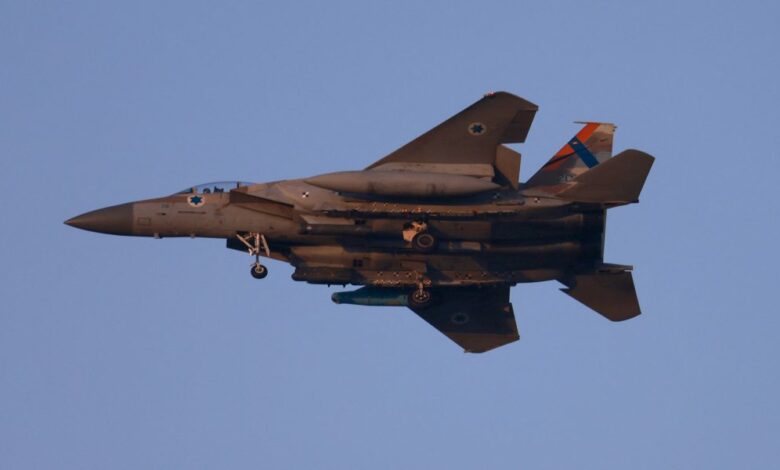Investors are ‘a frog in boiling water’ after brushing off the Iran-Israel conflict, top economist says


There’s a major disconnect between investors and security experts about how they view the risks from the Iran-Israel conflict, which could still deliver a major shock to global growth and financial markets, according to top economist Mohamed El-Erian.
In an op-ed in the Financial Times on Friday, the chief economic advisor at Allianz noted “multiple lines have been crossed by both parties” as Iran and Israel have attacked each other directly for the first time.
Last weekend, Iran launched hundreds of drones and missiles at Israel, after historically using proxy militias to target the country. And early Friday, an Iranian base was hit by airstrikes, which U.S. officials have said was an Israeli attack. Previously, Israel has hit Iran-linked targets in third countries like Syria.
“Despite all this, the markets’ reaction has been relatively tame and contained,” El-Erian wrote. “Rather than price the market implications of a durable escalation in geopolitical threats and a fatter tail risk of substantially higher oil prices for long, traders have been quick to fade the initial moves in many asset prices.”
In fact, crude oil prices are below where they were before Iran’s onslaught against Israel after briefly surging on reports an attack was imminent and immediately after news of the airstrike on the Iranian base. That suggests financial markets see little risk, for now, of the conflict escalating.
In contrast, some security experts have sounded the alarm on the potential for the situation to worsen, despite signs both sides may have pulled their punches.
El-Erian warned that further escalation between Iran and Israel would weaken fragile global growth, heat up inflation, and further stress stretched central banks and governments that already have limited ability to respond to new shocks.
In particular, the Chinese and European economies, which depend heavily on imported energy, would be hit hard by higher oil prices. And U.S. inflation would remain sticky, pushing back Fed rate cuts even further. In addition, the U.S. dollar would climb higher as investors flock to safe havens, and borrowing costs would be elevated as markets price in extra risk.
“When comparing the reaction of markets to the views of most national security experts, I am reminded of the story of the frog in boiling water,” El-Erian added, referring to the fable of a frog that eventually boils to death in a pot with water that gradually heats up.
The Iran-Israel conflict has “durably raised the geopolitical temperature in the region,” but financial markets have brushed that aside, as the recent tit-for-tat hasn’t yet resulted in major casualties of physical damage, he said.
“Given that this is a region that is vulnerable to errors of judgment, insufficient understanding of adversaries, and implementation accidents, that could well prove too complacent a reaction,” El-Erian warned.
Source link




